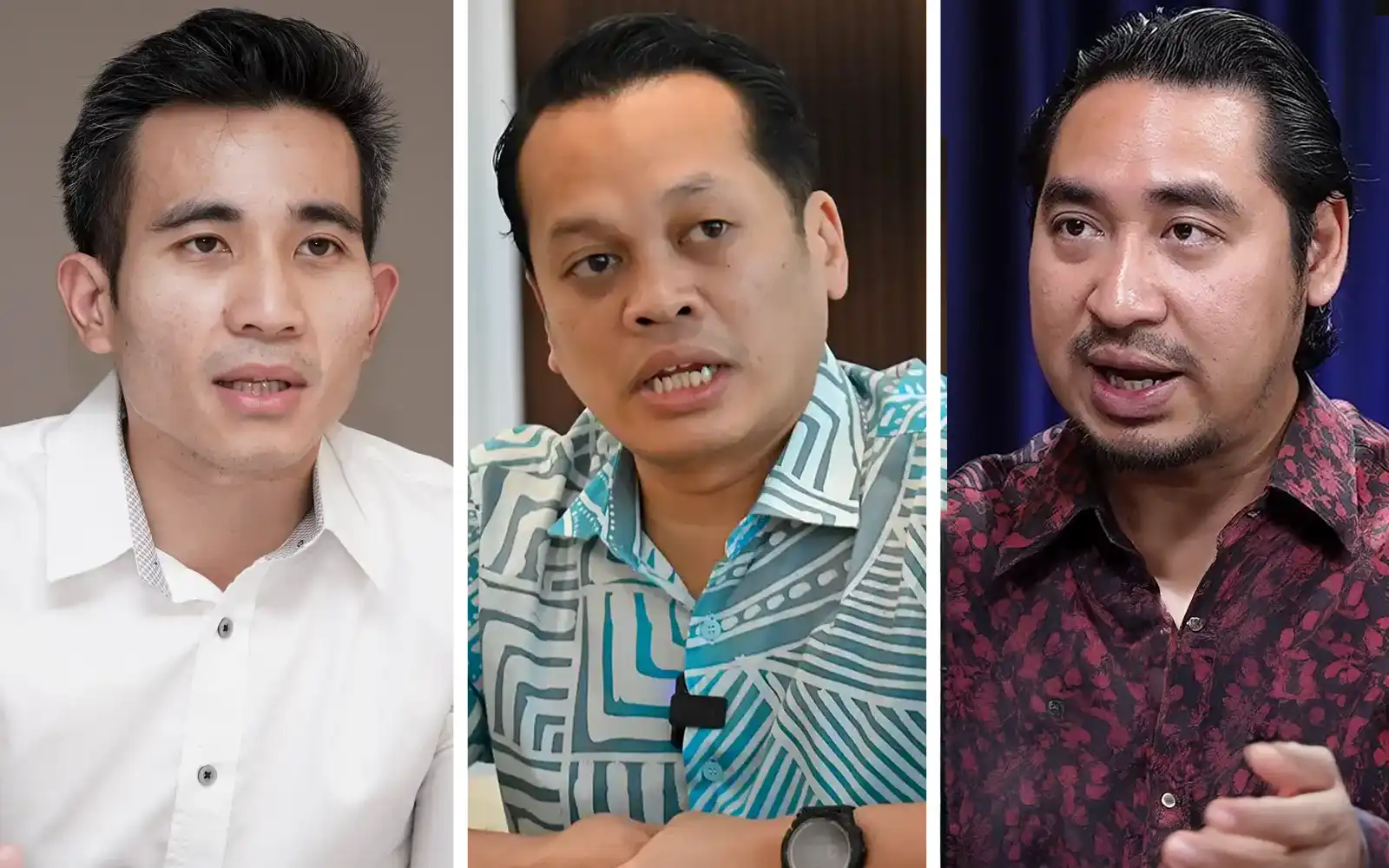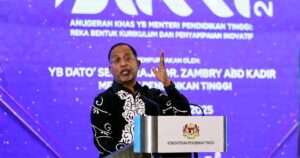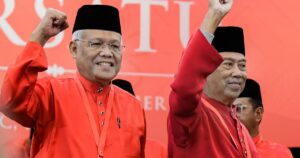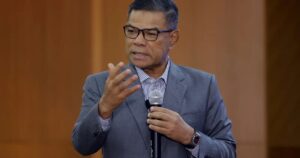
A former Umno leader has called for an honest national dialogue on how Bumiputera policies are implemented, as current approaches have bred resentment not just among non-Bumiputeras but also within the Bumiputera community itself.
“I think you need to make sure that whatever set of policies you have, reduce resentment,” former Umno Supreme Council member Shahril Hamdan said at the Malaysian student leaders summit held here today.
“There’s too much resentment in this country,” he said. “Clearly, the Bumiputera policy has been actioned in a way that has caused resentment among the non-Bumiputeras. And what’s tragic is that you also have resentment from the Bumiputera community.
“Although they get Bumiputera privilege, they feel that they got a raw deal,” he said at a panel discussion on the mandate of the Madani government.
Another speaker, former minister Nik Nazmi Nik Ahmad of PKR said Malaysia should gradually shift away from race-based affirmative action to a needs-based approach, which was also seen in the 13th Malaysia Plan.
Wan Ahmad Fayhsal Wan Ahmad Kamal of Bersatu called for the social contract to be renegotiated, through a national dialogue. He agreed that some reforms were overdue, saying: “It’s high time in certain areas, race-based policies need to be forgone.”
However, he said he would continue to uphold Bumiputera rights and privileges as part of his political struggle, but without sacrificing justice for other communities, because strategic intervention or affirmative action in certain areas was still needed on a race-based basis.
Shahril said Singapore also provides for Malay rights in its constitution, but does so without stoking public frustration. “Nobody talks about it, because the way it is expressed is probably a lot smaller than ours, and secondly, it’s done in a way that does not cause resentment.”
He said Malaysia’s constitutional provisions for Bumiputera rights are difficult to amend, requiring not only a two-thirds majority in Parliament but also consent from the Conference of Rulers.
“So how do we then action (act) the policy in a particular way that reduces resentment? And that’s a worthwhile national dialogue to have, but it has to be done honestly and sincerely,” he added.
Wan Fayhsal, in calling for renegotiation of the social contract, said: “How do we go about it? Through political discussion. And there has to be a lot of engagements done by political parties and governments. It’s a national dialogue to begin with.”
Any shift towards a more inclusive identity must be preceded by public engagement, “unless you want a somewhat equal identity of Malaysian-based politics or economic policy”.
Nik Nazmi said affirmative action must also consider other factors beyond race. “We need to look at gender, look at communities, and race in terms of how you push people to participate in the country,” he said.
He said this shift was discussed in Najib Razak‘s government and remains relevant today.
Current policies placed excessive focus on race alone, which undermines the broader goals of equitable development, he said.
The three political leaders were responding to a question on what each panel member thought about Bumiputera quotas and the relationships between Bumiputeras and non-Bumiputeras.






